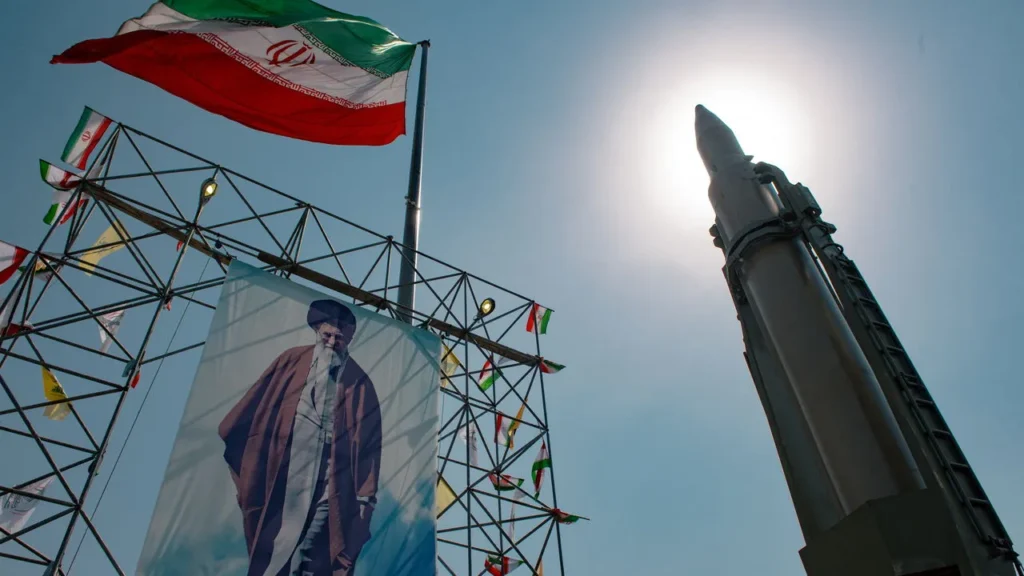Iran has carried out the public execution of a man convicted of rape, according to official reports and international media outlets. The execution, which took place in a public square, underscores the country’s strict criminal justice system and its continued use of public punishments as a method of deterrence.
Authorities stated that the man had been convicted of sexually assaulting multiple victims, and the sentence was carried out after all legal appeals were exhausted. Public executions in Iran are rare but are used in cases deemed particularly severe, including crimes such as murder, armed robbery, and sexual assault.
Human rights organizations have repeatedly condemned Iran’s use of public executions, calling them a violation of international human rights standards. Amnesty International and other watchdogs argue that such practices can amount to cruel, inhumane, and degrading treatment, and they call for reforms in the Iranian judicial system to ensure due process and humane treatment of convicts.
Despite these criticisms, Iranian authorities maintain that public executions serve as a powerful deterrent against serious crimes. Officials argue that such measures are intended to send a clear message to the population about the consequences of committing violent crimes, particularly sexual offenses.
The international community has increasingly scrutinized Iran’s criminal justice practices. While the country has made some reforms in recent years, including revising laws related to juvenile offenders and limiting capital punishment for certain crimes, public executions continue to draw widespread condemnation.
This latest execution reignites debates about the effectiveness and morality of capital punishment, particularly in public settings. Critics argue that such measures may instill fear rather than justice, while proponents insist that they uphold societal norms and protect vulnerable members of society.
As Iran continues to enforce strict laws regarding sexual violence and other major crimes, observers are watching closely to see whether public executions will remain a feature of its criminal justice system or if international pressure and internal reforms will lead to significant changes.

